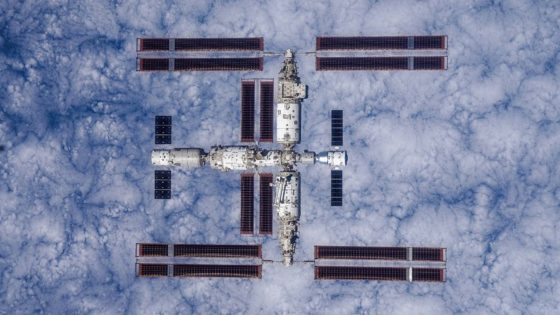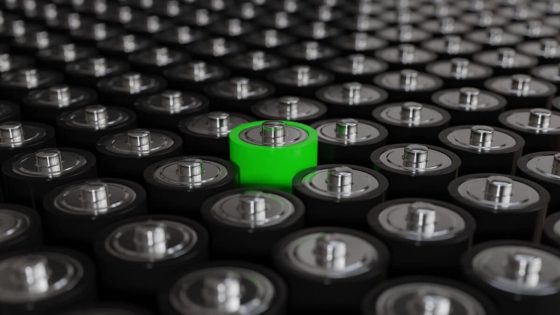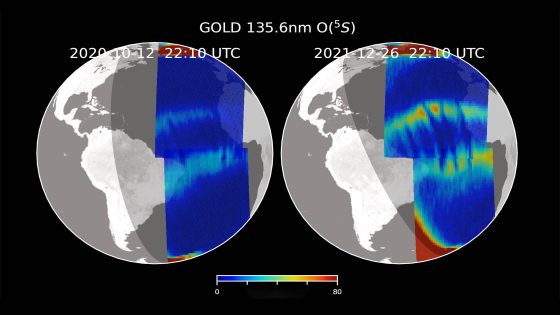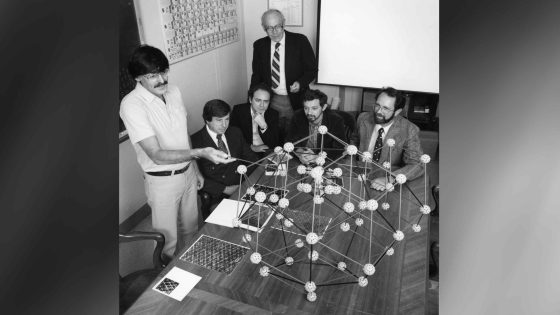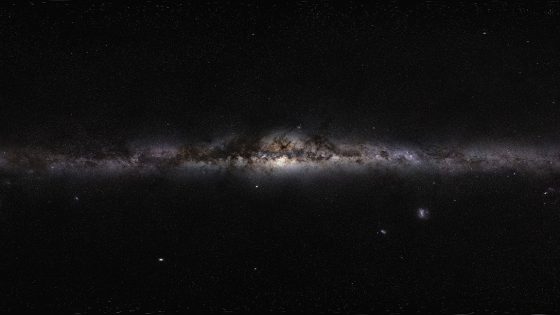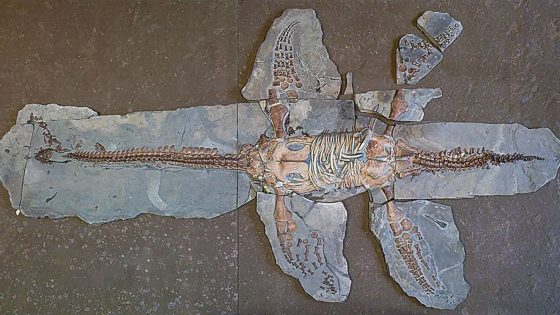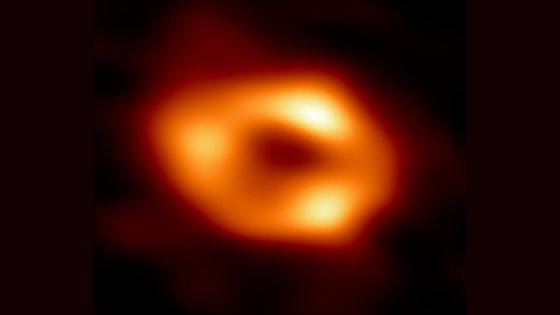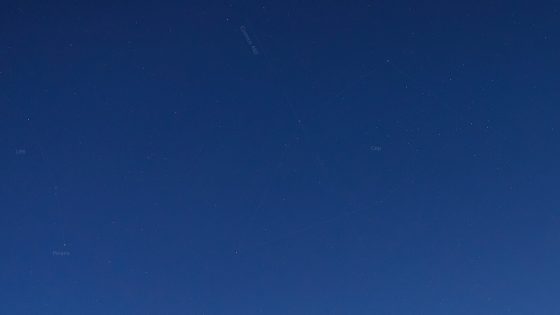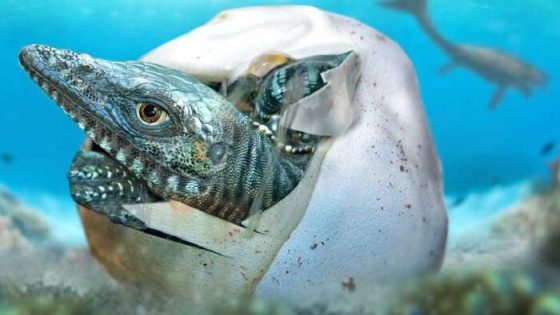Scientists have recently uncovered a new microbe inside China’s Tiangong space station, marking a significant discovery in astrobiology. This unique strain of bacteria, named after the station, is a variant of a terrestrial microbe known to cause sepsis.
- New microbe discovered in Tiangong space station.
- Bacteria variant linked to sepsis risk.
- Adaptations aid survival in space conditions.
- Samples collected by Shenzhou-15 mission crew.
- Previous discoveries of space-adapted microbes noted.
- Research aims to protect astronauts' health.
Found in samples collected during the Shenzhou-15 mission in 2023, this microbe shows remarkable adaptations that could benefit future space missions. Researchers published their findings on March 3 in the International Journal of Systematic and Evolutionary Microbiology.
This discovery prompts intriguing questions about microbial life in space. How do these microbes adapt to extreme environments? Understanding their survival mechanisms could be crucial for astronaut health and spacecraft integrity. Key points include:
- The new strain has genes for oxidative stress response.
- It can repair radiation damage.
- It forms biofilms to extract nutrients.
As our exploration of space continues, the study of these microbes could lead to groundbreaking advancements in understanding life beyond Earth. Will we uncover more secrets hidden in the cosmos?



